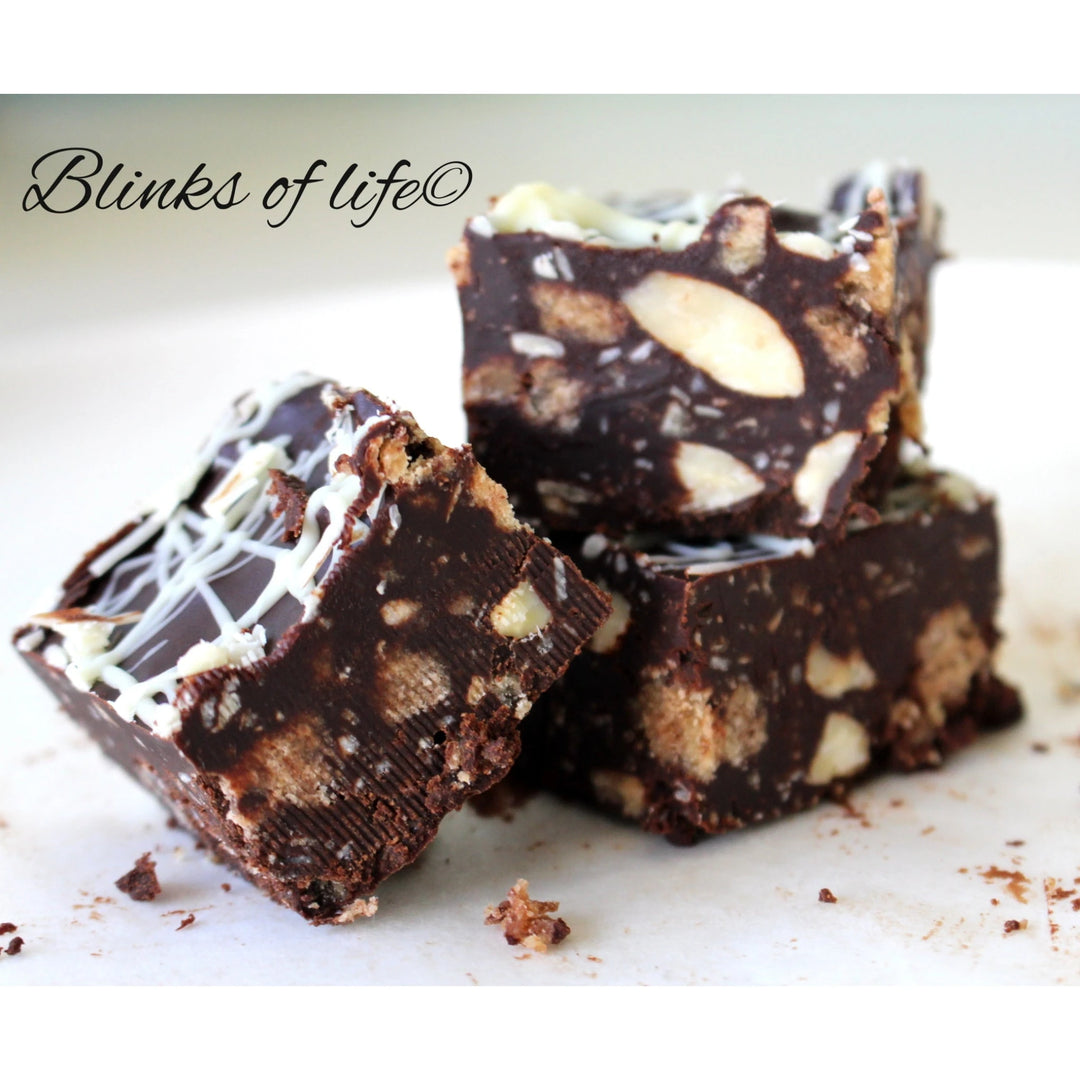
How Much Protein Do I Need on Keto? A Comprehensive Guide
Getting your protein right on keto can feel like a balancing act. Too little and you risk muscle loss. Too much and you might get kicked out of ketosis.
So how much protein should you eat on keto? Is there such a thing as too much? And what are the best keto-friendly protein sources that don’t spike your carbs?
This guide answers all of that, plus how to build your day around smarter protein choices (including a few no-fuss snack options that actually taste good).
Let’s break it down.
Why Protein Is Important on a Keto Diet
Protein does more than build muscle, it helps keep you full, supports metabolism, and helps preserve lean tissue while you're in fat-burning mode. On keto, it also plays a role in regulating appetite and energy, since high-fat meals alone often don’t satisfy as well without some protein.
How Much Protein Should You Eat on Keto?
Your ideal protein intake on keto depends on body weight, activity level, and goals (fat loss, maintenance, or muscle gain). Here’s the general rule:
Aim for 1.2 to 1.7 grams of protein per kilogram of body weight per day.
That’s about 82–116 grams daily for someone weighing 68 kg (150 lbs).
This range supports muscle maintenance while keeping you in ketosis — especially if you’re training or dieting aggressively.
Tip: Spread your protein across meals. Most people do best with 20–35g of protein per meal.
Can You Eat Too Much Protein on Keto?
Yes, sort of. Excess protein can trigger gluconeogenesis, where the body converts protein into glucose. If that glucose exceeds your carb tolerance, you may slip out of ketosis.
The key is balance: enough protein to support muscle and satiety, but not so much that it dominates your calorie intake. Going above 2g/kg body weight consistently is likely too much for most people.
Best Protein Sources for Keto
Not all protein sources are keto-friendly. The goal is high protein, low carb. Here are some of the best options:
-
Eggs
-
Chicken breast or thighs
-
Fatty fish (salmon, sardines, tuna)
-
Beef (especially leaner cuts or ground)
-
Pork and lamb
-
Tofu or tempeh (for plant-based keto)
-
Cheese and Greek yoghurt (watch the carbs)
-
Nuts and seeds
-
Keto protein cookies or bars
Are Protein Cookies and Powders Keto Friendly?
They can be, if you choose wisely.
Many protein products are loaded with hidden carbs, sugars, or fillers. Look for ones with:
-
Under 3g net carbs
-
No added sugar
-
At least 10g protein per serving
Justine’s Keto Protein Cookies are a go-to here. Each cookie delivers up to 17g of protein, less than 3g net carbs, and zero added sugar.
They’re soft-baked, individually wrapped, and perfect for topping up your macros without breaking ketosis.
How to Get Enough Protein on Keto (Without Going Overboard)
-
Eat protein at every meal (but don’t go overboard on portion size)
-
Use snacks as a protein top-up (e.g. eggs, cheese, protein cookies)
-
Track your macros until you’ve found your rhythm
Frequently Asked Questions
Q: How much protein is too much on keto?
If you regularly eat more than 2g per kg of body weight per day, you might risk being kicked out of ketosis.
Q: Can protein powder or protein cookies kick me out of ketosis?
Only if they contain hidden sugars or too many carbs. Look for under 3g net carbs per serve, like Justine’s Cookies.
Q: What are good keto-friendly protein snacks?
Eggs, tuna, cheese, and Justine’s Keto Protein Cookies, no prep, no mess, high in protein and low in carbs.
Q: Should I count protein in grams or percentage?
Grams is better. Aim for 1.2–1.7g/kg/day instead of relying on percent macros (which can shift with your calorie intake).


